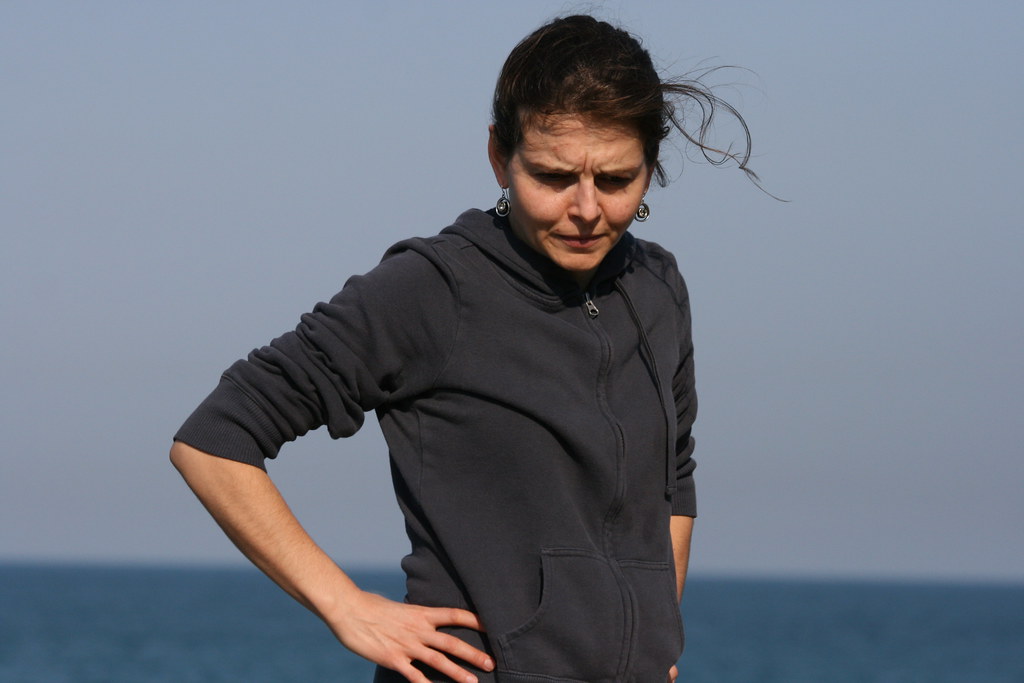What is Orthodox Judaism?
If it is a sociological group, a club of sorts, then we can make any membership rules we want. Want to join? Believe what we do, think as we do, or you are not welcome. If however we use the term Orthodox Judaism to describe a (the? the best? the only? -as some might say) way of being Torah observant, than what is our responsibility towards those who want to be part of that world, but struggle to accept or believe some some aspects of our belief system?
In a recent article, Rabbi Francis Nataf wrote about the things that he admires about Open-Orthodoxy. Whatever one thinks of his article, he got me thinking about one particular thing that I admire about the OO world. Many of the detractors of the OO world have suggested, basing themselves on the Rambam and others, that certain theological statements made by OO rabbis are out of the pale. There are, they insist, certain things that Orthodox Jews must believe. While the detractors might be correct, even if we haggle over the particulars, there is one thing that they almost never seem to do; offer meaningful answers to people who are struggling to accept certain Orthodox beliefs. “You are out, while we are in” they say, seeming to not care about (or is it not knowing how to answer?) the questions of those who are struggling.
What do we do with our religious struggles and doubts? What happens when, despite our best efforts to accept established doctrine, we are unable to do so? Can one be a believer while simultaneously accepting some ideas that conflict with traditional theology? These are tough questions to answer, and those of us who have gone through periods of religious struggle, not only search for answers, but also must think about which ideas that might seem true, can also be expressed publicly.
Those within the OO world take those who are struggling with religious doubts, as well as their questions, seriously. They recognize that various aspects of the modern world make it difficult to accept claims that seemed obvious in earlier times. Whatever one thinks of their answers, it’s hard to not admire the sense of עמו אנכי בצרה, I am with you in the pain of your struggles, that comes from the OO rabbis. While I am sure that those who oppose them care about their fellow Jews, their lack of putting forth other answers is, at the very least, curious.
At the same time, I wonder whether attempts to publicly wrestle with these questions can be productive. Almost every time an attempt was made by an Orthodox thinker to spell out some sort of theology or approach that might make more sense to the modern perplexed Jew, the result led to its writer being “expelled” from the orthodox community. Whether it was Louis Jacobs or Tamar Ross and Torah MiSinai, or Eliezer Berkovits, and his approach to halacha, to name just a few examples, their approach to various aspects of Torah were found to be unacceptable by members of the Orthodox world. Courageous answers which push at the edges of traditional belief, even if ever so slightly, arouse tremendous defensiveness and pushback.
I believe that the Rambam in his introduction to his Moreh Nevuchim warns us about the dangers of espousing beliefs that will be difficult for the community to accept. There he says that his work will contain seeming contradictions, and that he will not help resolve them. He further says that he leaves it to the intelligent reader to figure out what he truly intends. The Rambam seemed to believe that some of his views needed to be kept secret in order to avoid communal reproach.
So where does that leave the Jew is struggling to believe? Perhaps, as I discovered when I myself was struggling, the questioner has to seek out learned and scholarly individuals who are willing to privately suggest that there are more nuanced approaches to Jewish theology than the commonly accepted ones. There are great thinkers, including some from the charedi world, who while outwardly professing to believe that which their community thinks is necessary, privately are much more broad than their congregants, followers, or students might realize. While it might be unfortunate that these discussions can not take place more publicly, those who are questioning should not despair, and realize that they need not go it alone.
"What is Orthodox Judaism? If it is a sociological group, a club of sorts, then we can make any membership rules we...
Posted by Pesach Sommer on Thursday, December 17, 2015


